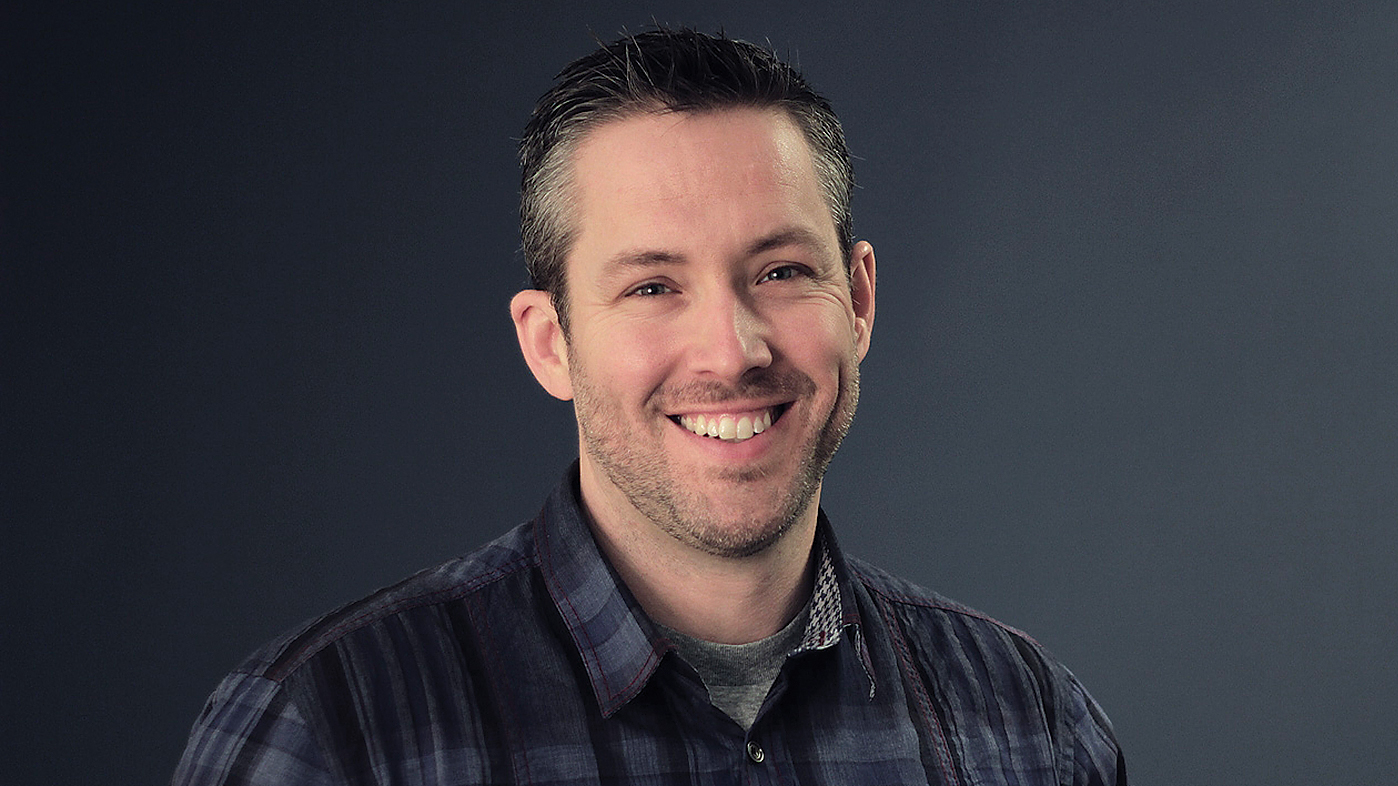How does the Holy Spirit manifest in the lives of believers? In Jesus, Continued: Why the Spirit Inside You Is Better Than Jesus Beside You (Zondervan), Southern Baptist pastor J. D. Greear steps back from secondary debates surrounding specific charismatic gifts to emphasize how the Spirit enlivens our relationship with God. Her.meneutics contributor Jen Pollock Michel spoke with Greear, pastor of the Summit Church in North Carolina, about his hopes for ordinary Christians living Spirit-empowered lives.
Jesus, Continued…: Why the Spirit Inside You Is Better than Jesus Beside You
HarperCollins
240 pages
$11.47
How would you characterize your relationship with the Holy Spirit?
I had always been a little frustrated, because it just seemed like people in the Bible had a fundamentally different relationship with God than my own. There was a hollowness in my spiritual life. God was more a doctrine than a person. I also felt crushed by the amount of stuff that needed to be done in the world. There was always one more orphan, always one more unreached people group.
I began to discover that an understanding of our relationship with the Holy Spirit helps to soothe these anxieties. Instead of saying, “Look at all that God needs me to do for him,” the Spirit reminds us to say, “Look at what God is empowering me to do.”
In Luke 24, when Jesus promised the Holy Spirit, the first thing he told his disciples was to wait. No one cared more about the spread of the gospel than Jesus, but he knew they couldn’t do anything for him until the Holy Spirit came. The Spirit would do more through them than they could ever do by themselves.
You ask readers to move beyond theological debates over miraculous gifts (healing, prophecy, speaking in tongues). Why?
Too often, discussion about the Holy Spirit runs on two tracks: the conservative track and the charismatic track. Secondary issues create a quagmire, and both sides miss the most important thing: that the Spirit of God wants to have fellowship with us.
I heard a charismatic theologian talk about how the theme of Galatians was the fullness of the Spirit. Instinctively, I wanted to say, “No, it’s justification by faith.” But when I reread Galatians, I realized he was right. For Paul, the two things are one and the same. The deeper you go into understanding you’ve been justified by faith, the more alive you become in the Spirit.
You nudge readers to reflect on their lived experience of the Holy Spirit. What are the advantages and pitfalls of this approach?
The advantage is that a living God has uniquely designed our stories, before and after conversion, to teach us about him and prepare us for ministry. Like most believers, I can look at my life and see clear evidence of God’s activity. He has given us particular experiences, passions, skills, and gifts. One way to discern what God wants for your future is to trace his hand in your life in the past.
But it can be unhelpful if you divorce your lived experience from God’s revelation in Scripture. Don’t put too much weight on interpreting your life.
Why caution that the Holy Spirit’s activity is a mystery?
God never spelled out, This is how you know I am speaking to you. How did Paul know in Acts 16:6 that God was telling him not to preach in Asia? What does it mean in Acts 15:28 that “It seemed good to the Holy Spirit and to us”? Nehemiah concluded that God had given him the job of rebuilding the walls of Jerusalem, but we never encounter a direct command.
We see the Holy Spirit’s presence in many ways: through Scripture, our spiritual gifts, the work of the church, and our life circumstances. We hold these all in tension, and we hold them loosely—except for the Word of God. Much harm has been caused in the church by people who have said, “God has told me.”
You argue that conversion is a “greater work” of the Holy Spirit than, say, physical healing. Does this reinforce the idea that the gospel obligates us to care for the soul but not the body?
There are lesser works of the Spirit that point to greater works. Any time the gospel is preached faithfully, acts of compassion for people in physical need will follow. But even Jesus’ miracles were signs of his most important work, which was to open the eyes of the blind soul. So while we must meet physical needs, we should focus on the greatest miracle, the conversion of the soul.











